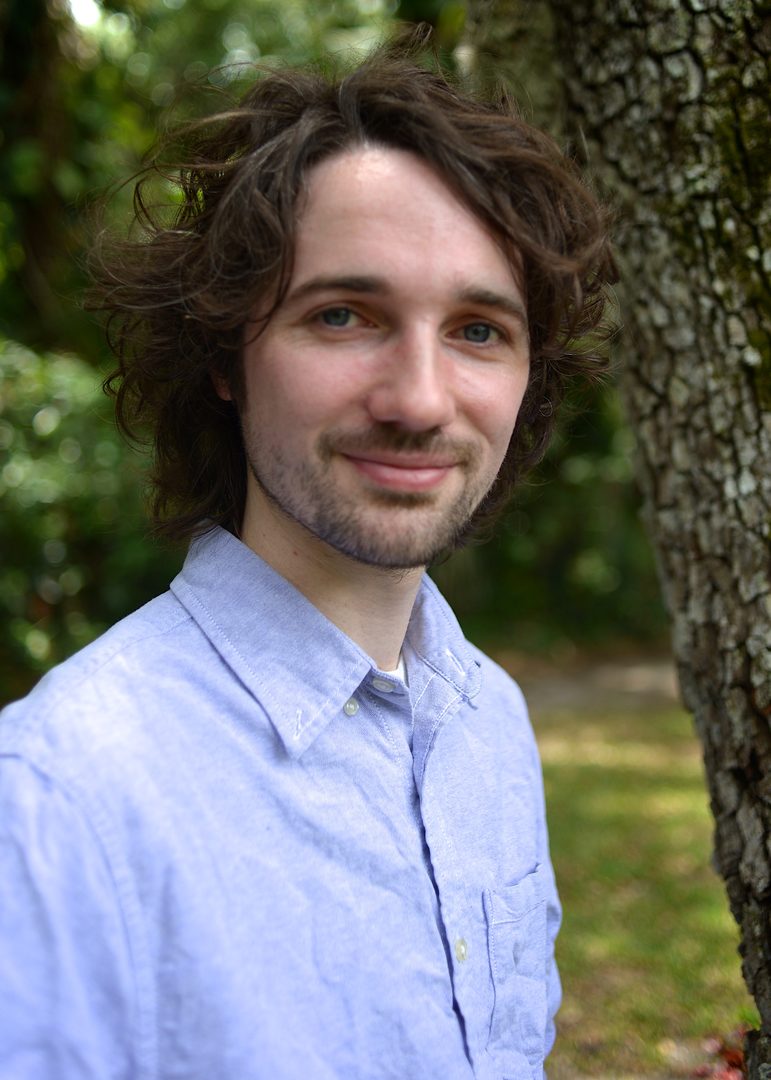Workshop: “Paving the road to independence”

Date
Location
Description
Target Audience: OIST Postdocs and Graduate Students
Session format: Interactive workshop
Speaker: Dr. Gary McDowell, Executive Director of Future of Research
Short description: Postdocs are considered independent researchers, working on a research topic of interest with the purpose of carving out their future career trajectory. With changes in the international academic research workforce, this independence needs to accommodate non-tenure-track researchers, those working in large research teams. Thus, along with changing the definition of research independence, there must also be inclusion of the multiple roles played by postdocs in research, and development of independent thinking, including the freedom to define the problem of interest and develop the best approaches to address that problem.
Learning objectives:
By the end of this session participants will be able to ...
- learn to make informed career decisions based on the up-to-date professional outcome data worldwide
- utilized various platforms to develop independent thinking
- describe resources for career preparedness and creation of strong mentoring network
REGISTRATION IS REQUIRED. Spaces are limited to 30 participants.
Registration deadline: January 8, 2018
TO REGISTER CLICK HERE
About the Speaker:
Gary McDowell, PhD, is the Executive Director of Future of Research (FoR), a non-profit organization that promotes grassroots advocacy amongst junior scientists to advance improvements and reform of the scientific enterprise, and aims to increase transparency about academia to provide junior scientists with the information they need to navigate successful careers using science.
Originally from Northern Ireland in the UK, Gary received his BA and MSci degrees in Natural Sciences at the University of Cambridge, UK, specializing in Chemistry. He did his master's work in the lab of Jane Clarke on the kinetics and thermodynamics of protein folding. He also received his PhD in Oncology at the University of Cambridge, in the lab of Anna Philpott looking at protein degradation and neuronal development in Xenopus. He moved to the U.S. in 2011 on a J1-visa to carry out postdoctoral training, first at Boston Children’s Hospital and Harvard Medical School to work with Hanno Steen on changes in protein levels across Xenopus development using mass spectrometry, and then to Tufts University working with Michael Levin on the role of cytoskeletal rearrangements in the Xenopus embryo that affect left-right organ patterning.
During the course of postdoctoral training, Gary became involved with the first FoR symposium in Boston in 2014, aiming to contribute to the growing conversation about the research enterprise by adding a perspective from junior scientists, and was lead author on the resulting paper, “Shaping the Future of Research: a perspective from junior scientists”.
Following meetings organized by junior researchers across the U.S. in 2015, in 2016 FoR became a nonprofit organization, and he began working full-time on advocating for junior researchers.
In 2016 he co-chaired a subgroup at an ASBMB-led national summit to identify action items to implement consensus recommendations identified by the biomedical research community, and as a result is currently driving efforts to better categorize postdoctoral researchers at universities. In 2017 he was appointed to the Next Generation Researchers Initiative, a committee convened by the National Academies of Science, Engineering and Medicine which will examine the policy and programmatic steps that the nation can undertake to ensure the successful launch and sustainability of careers among the next generation of researchers in the biomedical and behavioral sciences in the U.S.

Subscribe to the OIST Calendar: Right-click to download, then open in your calendar application.



